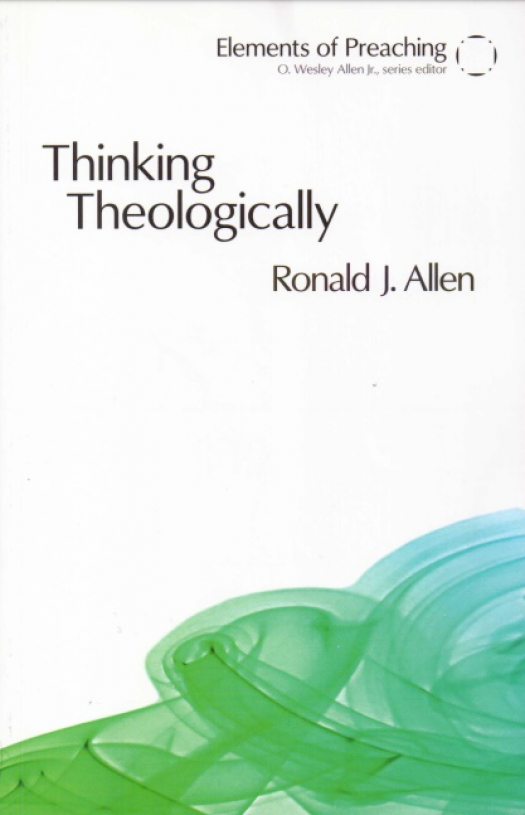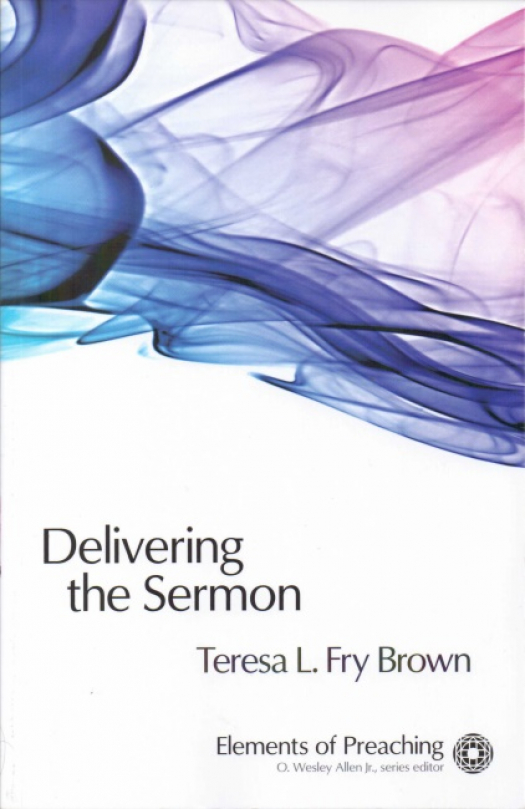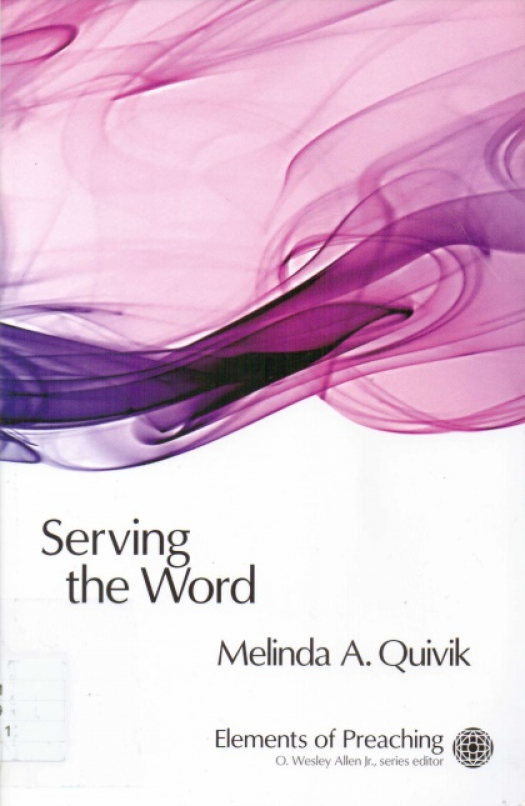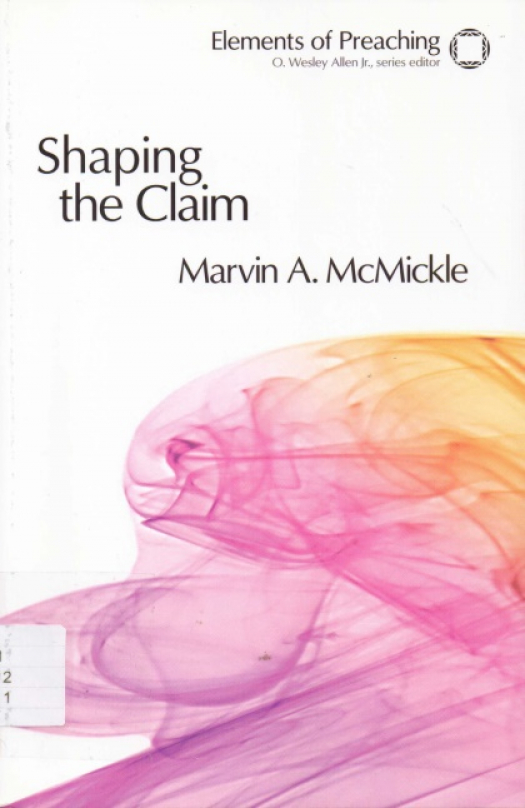Thinking theologically : the preacher as theologian / Ronald J. Allen - Donación Conferencia de Florida
Preachers are not representatives of a particular theological world. Each preacher manifest characteristics that arise from that person`s particular approach to life, theology, and preaching. Rather than teaching how one can preach theology or deal with particular theological issues from the pulpit, renowned homilectician Ronald J. Allen shows preaching is informed by the preacher`s own theology. A valuable introduction to preaching, Thinking Theologically does not advocate for, nor is it written from, a particular theological perspective stance. Instead it provides historical background and explores eleven major theological perspective so that preachers can grasp their own understanding of authority, the Bible., the relationship of God to the sermon, and the purpose of the sermon. Moreover, by illustrating the unique characteristics of sermons preached form a particular theological viewponint, Allen shows what is gained and lost in each approach.
U15014
Delivering the sermon : voice, body, and animation in proclamation / Teresa L. Fry Brown - Donación Conferencia de Florida
In Delivering the Sermon Teresa Fry Brown introduces preachers to the effective use of voice and body in the animation of the word in the preaching moment. Combinig the latest research in communications, speech pathology, and homiletics with her own experiencie as a speech-langiage pathologist, Fry Brown creatively, empowers preachers to improve their affectiveness in proclamation. Practical suggestions and exercises for enhancing voice, diction, and nonverbal angagement of the listener, useable by groups or individuals, are included in each chapter.
U15013
Serving the word : preaching in worship / Melinda A. Quivik - Donación Conferencia de Florida
"Serving the Word" the reader to how God's word can become the crux not only of the sermon but of the worship service as a whole. Over the past half-century, worship scholars have found a substantial ecumenical worship pattern in Luke's story of Jesus' post resurrection appearance on the road and the table in Emmaus. In that word-and-meal structure, the relationship between preaching and worship as distinct aspects of liturgical experience breaks down. The preached word, then, and the liturgical event within which preaching is located become integral to each other. Melinda Quivik here invites the reader to explore how, through God's word, preaching informs and is in turn supported by the worship event as a whole.
U15012
Shaping the claim : moving from text to sermon / Marvin A. McMickle - Donación Conferencia de Florida
In this volume, Marvin A. McMickle discusses the development of the sermonic claim. By "sermonic claim" McMickle means that central focus and intent of the preacher, which is aimed at claiming the hearers at the deepest existential level possible. Preachers too often spend hour upon hour on exegetically determining what a biblical text says only to rush through the determination of what they want to say it (in terms of developing imagery and a sermonic form). McMickle invites us to slow down and ponder three aspects of developing a claim. Drawing on Aristotle's categorization of types of persuasion - logos, pathos, and ethos - he shows how for every sermon a preacher must decide what to say, how to engage the emotions, and what behaviour to inspire. In other words, this books helps preachers determine what they want a congregation to think, feel, and do during and in response to the sermonic event.
U15011





